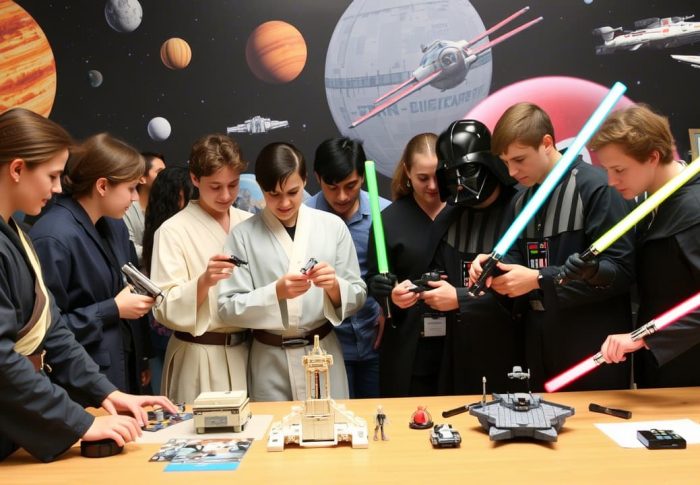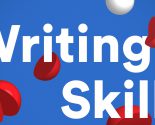
Career of the future: why scholars have a better chance of success
“A master at all hands, but really can not do anything” – hundreds of years in different languages of scholars were threatened by this proverb. “All knives are there, but all are stupid,” warn the Chinese. “Nine crafts, the tenth – hunger,” – confirm the Estonians. And yet many influential people – both historical figures and our contemporaries – are scholars. Elon Musk, Steve Jobs, Richard Feynman, Benjamin Franklin, Thomas Edison, Leonardo Da Vinci, Marie Curie and many more.
What’s the matter? If all scholars are mediocre, why were 15 of the 20 eminent scholars in history “polymaths” or, more simply, scholars? Newton, Galileo, Aristotle, Huygens, Laplace, Faraday – they are all scholars. If it is unprofitable to have universal knowledge, why are the founders of the world’s five largest companies – Bill Gates, Steve Jobs, Warren Buffett, Larry Page and Jeff Bezos – scholars? Is this just an anomaly? Or is erudition the norm in today’s knowledge economy, and should we follow the example of successful contemporaries?
Let’s find out. The era of modern scholars For me, a modern scholar is a person who owns at least three different areas of knowledge and gathers them into a unique set of skills. In other words, scholars combine the best achievements of mankind in various fields to achieve outstanding success in their core field. This can be represented in the shape of the letter T. After the release of Malcolm Gladwell’s book “Geniuses and Outsiders”, the idea of 10,000 hours became popular. The point is simple: it will take 10,000 hours of practice to master the skill globally.
Modern scholars do the opposite: they combine skills and knowledge from different fields and as a result generate breakthrough ideas. For example, people have studied biology and sociology for centuries, but only the researcher Edward Wilson was the first to dive into both areas and discover a new discipline – sociobiology. And Steve Jobs was the first to combine design with programming and come up with the MacBook.





